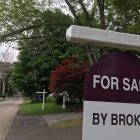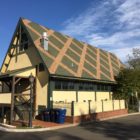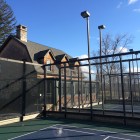Government
New Canaan’s Chief Building Official Proposes Creation of ‘Blight Committee’ To Field Complaints
|
Saying it would be best if a volunteer group of residents oversaw the sensitive and nuanced process of handling a blight complaint, New Canaan’s chief building official on Monday night proposed the creation of a new municipal committee.
Brian Platz said that in his position, he must be absolutely consistent in how he handles complaints about blighted properties in New Canaan, but such rigidity does not allow him to address on case-by-case basis situations where, for example, a resident has fallen on hard times. For that reason and others, Platz said, a Blight Committee such as other towns have created is a better vehicle for fielding the complaints.
“I think that if [town residents] were to be, for want of better word—‘judged’—on the condition of their property, it may be better received by a jury of their peers rather than a building inspector who is an enforcement agent of the town,” Platz told members of the Town Council’s Bylaws and Ordinances Committee during a meeting held at Town Hall. “Once I knock on their door and introduce myself, they already, understandably, get a little defensive. And I have had situations where I knocked on a woman’s door and she had gone on chemotherapy. She could barely answer the door and was fighting cancer, and she was well into her 70s, lived alone.




